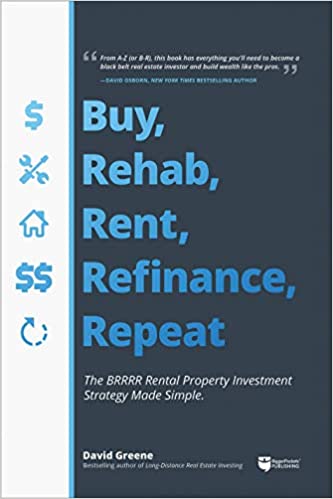If you have been tempted by the idea of buying real estate notes, you will likely also be considering tax-lien certificates. This is also an advanced strategy best reserved for experienced investors who have money to gamble with.
Tax Lien Overview
- Up-Front Investment: Varies by situation. Usually large. On-Going Investment: Just lots of time.
- Return on investment: Could take many years and many hoops.
- Best for: Advanced real estate investors with time and money to spare.
How Tax Liens Works
Similarly to real estate notes, tax-lien certificates deal with non-performing real estate but with a slightly different approach.
When a bank has a borrower who isn’t paying on their mortgage, that mortgage becomes a debt and it’s something they want to get rid of. Therefore, they sell the note to investors like you (as covered in the last section). However, municipalities have a similar problem: sometimes, home owners just stop making tax payments.
When a home owner stops paying on their property taxes, the municipality will place a lien on the property. These tax liens are then sold off as certificates to investors. The sell of the certificate allows the municipality to collect at least the majority of the taxes owed on the property.

How do you get paid after purchasing a Tax Lien?
Once you buy a certificate, you can collect the unpaid taxes and a prevailing rate of interest. These interest rates can go up to 30% per year. If the property owner refuses to pay up, you can foreclose on their property. Because a tax lien has priority over a mortgage, you are almost guaranteed to collect all of the taxes owed plus interest.
As you can imagine, a great deal of work goes into chasing down the property owners and getting them to pay up. And, of course, you are still taking the risk that they might not pay or may be unable to pay. If that’s the case, you can foreclose on the home and attempt to sell it.
The Pros of Tax Liens
You have the chance to earn a large sum of money by purchasing tax lien certificates. The total amount will vary based on how much a given property owner owes, how far behind they are, and the interest rate that you are going to charge.
Generally, a property owner will be very motivated to pay since they know that their property can be foreclosed on if they do not. As the owner of the certificate, you may be able to work out a payment plan with them (if they are having trouble with finances) so that you still earn a profit and they get to keep their home.
Alternatively, you can turn around and sell the home after foreclosing on the owners, which may or may not generate a profit.

The Cons of Tax Liens
Many investors prefer to stay away from tax liens and real estate notes since it often involves dealing with property owners who can no longer afford to stay in their homes.
Chasing down a property owner to collect the taxes can sometimes feel like harassment (although they do owe the money) and many people would prefer not to be so hands-on with a real estate investment.
If Tax Liens don’t sound appealing to you, consider purchasing a Real Estate Investment Trust, Real Estate Exchange Traded Fund, or Real Estate Mutual Fund. All three are entirely passive investments and can provide good income in the form of dividends.
More: What are the Basic Types of Real Estate Investments
Summary
If you are interested in finding a way to get started with real estate investing, tax lien certificates are not the way to go. Tax lien certificates, like real estate notes, are best reserved for experienced investors who know what they are doing and are familiar with the financial and legal processes of the real estate industry.
However, if that describes you, tax lien certificates are certainly worth looking into. As with any investment strategy, having a professional on your side will prove beneficial and you may also find it useful to have a lawyer who can assist with looking up properties and drawing up agreements.
Tax lien certificates do have the potential to pay off for you big if you put in the work. In some situations, you may even be able to outsource the process of contacting the property owner and trying to collect the taxes, given that you can find a qualified individual to do so.



